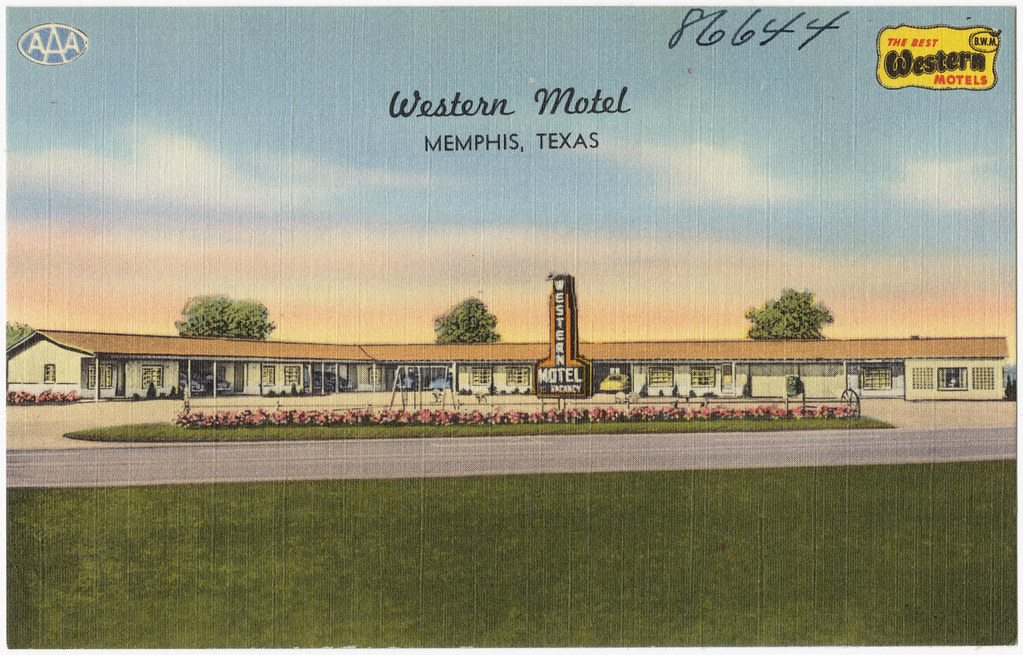What if I said that I could drive from Atlanta to Detroit, or Cleveland to Santa Fe, or Miami to Memphis in an hour and a half? So how about driving from Jacksonville to Buffalo in an hour? No, I didn’t say fly, I said drive. My apologies in advance to the international audience that may not have an intuitive understanding of distance in the United States. I’ll simply state that road times like these would have to be dismissed immediately as completely insane on their surface. A motorist would serve jail time for attempting any of these suggestions.
That’s if one tried to accomplish those feats between cities most recognizable for those names. However I was intentionally vague as I’m sure the astute 12MC audience already guessed. I’m referring to towns by those same names in Texas, or as they’re fond of saying, It’s Like a Whole Other Country.
An Explanation
I noticed the anomaly as I researched the DeKalb article. Texas had a DeKalb so I took a closer look. Then I spotted Atlanta, Boston and Pittsburg (a near match, missing only the final “h” at the end) all within close proximity of DeKalb. So that prompted a wider search for additional Texas towns sharing names with other places in the United States more famous and recognizable. I found several.
This likely had to do with the immense size of Texas. Traditionally each post office within a single state had to get a different name. That might not be a problem in smaller states or those more sparsely settled. However, Texas had 1,490 post offices including historic locations in the latest listing of the Geographic Names Information System. Imagine trying to find unique names for every one of those settlements, and in fact that became a recurring problem as townsites sprouted on the frontier in the latter part of the Nineteenth Century.
All of these places exist in Texas
Naturally I turned to one of my favorite sources, the Handbook of Texas Online from the Texas State Historical Society for more information. Some towns drew inspiration from better-known namesakes while other chose their names completely independently. I culled historical origins from the Handbook and present them below.
Atlanta

An 1871 Texas and Pacific Railway town was settled by a bunch of people from Atlanta, Georgia.
Boston
The man who opened the first store in the area was W. J. Boston.
Buffalo
Bison still roamed the range when the railroad arrived in 1872. I’ll pass on the “bison aren’t buffalo” conversation this time. So, it became buffalo.
Cleveland
In 1878 a local land owner, Charles Lander Cleveland, said the East and West Texas Railway had use his name if they wanted a chunk of his land.
Columbus

Someone who once lived in Columbus, Ohio proposed the name for use in Texas (which in turn derived originally from Christopher Columbus of course).
Detroit
Town founders needed a name in 1887 and the local railway agent once lived in Detroit. Problem solved.
Jacksonville
The town was named for two early settlers — William Jackson and Jackson Smith, one a doctor and the other a blacksmith. The weird first-name, last-name nexus must have made the town seem inevitable I guess.
Memphis

This one was worth quoting directly.
“For a time the new town was without a name. Several suggestions were submitted to federal postal authorities but with negative results. Finally, as the story goes, Reverend Brice, while in Austin, happened to see a letter addressed by accident to Memphis, Texas, rather than Tennessee, with the notation ‘no such town in Texas.’ The name was submitted and accepted, and a post office was established…”
The name in turn derived originally from the Memphis in Egypt, of course.
Miami
I’m not sure I buy the Handbook explanation. Allegedly a Native American word for “sweetheart?” Really? Even though there was an actual Miami tribe one state over in Oklahoma?
Pittsburg

An early settler, William Harrison Pitts, came to the area in 1855. The source didn’t explain why founders chose Pittsburg rather than the more expected Pittsburgh with an h.
Reno
It was originally the name of a switching station placed along the Texas and Pacific Railway circa 1876. The town came later and adopted the name. I couldn’t find an explanation for the switching station named Reno, though.
Santa Fe
In recognition of the Gulf, Colorado and Santa Fe Railway, constructed through the area in 1877.
Variations
Then I found other theme like:
- Colorado: Denver City; Breckenridge and Colorado City
- My little corner of Northern Virginia: Arlington; Clarendon; Crystal City; Gainesville; Fredericksburg and Mount Vernon
- International: Paris; London; Palestine; Victoria and Edinburg (again with the missing “h” What’s with Texas hating burghs?)
I wonder how many other coincidental variations exist in the vast Texas town list?

Leave a Reply